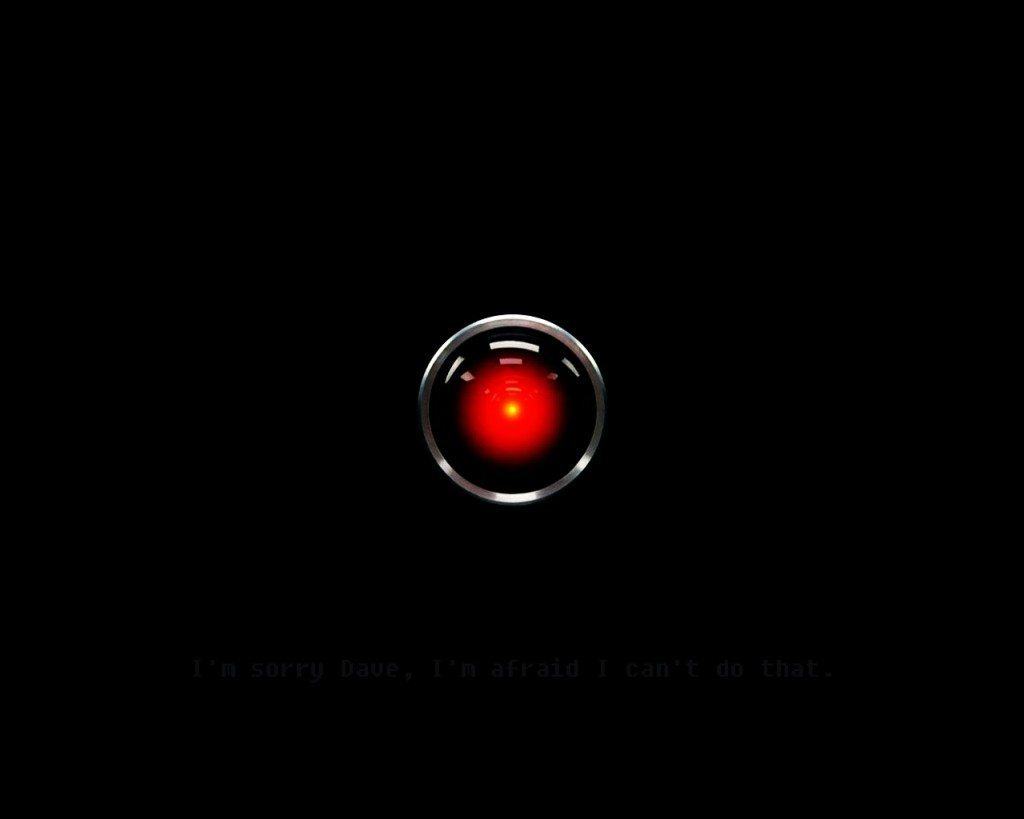Are robots covered under free speech laws? That may be the issue at stake in a recent Arkansas murder trial.
Amazon.com, Inc. (AMZN) is pleading First Amendment rights for its automated speaker Alexa in the trial. Prosecutors have requested that the court order Amazon to hand over recordings made by an Echo Dot, a miniature version of the company’s smart speaker, in a 48-hour period during which the murder was committed. Even when it is not processing commands, Amazon’s speaker constantly records surrounding sounds to listen for its trigger word, Alexa. However, Amazon is resisting the order. (See also: Alexa, Who Won CES This Year?)
The company argues that there are “important First Amendment and privacy implications” at stake in the case. According to Amazon’s filing, requests made by a user to the company’s home assistant reveal information about his or her personality and interests. Handing over these data to federal officials would be tantamount to Amazon violating customer privacy. Furthermore, user requests are free speech and are protected under the First Amendment. In the same vein, Alexa’s responses may also reveal user interests and are reflective of Amazon’s speech. Hence, they should also be protected under the First Amendment. (See also: GE Releases Lamp Prototype With Alexa.)
“At the heart of that First Amendment protection is the right to browse and purchase expressive materials anonymously, without fear of government discovery,” the company’s legal team wrote in its briefing, adding that “such government demands inevitably chill users from exercising their First Amendment rights to seek and receive information and expressive content in the privacy of their own home, conduct which lies at the core of the Constitution.” Amazon stated that county police might have been able to access the recordings if the user had installed the Alexa app on his smartphone. (See also: Integrating Phone Calls Into Smart Speakers.)
A law professor interviewed by Forbes said Amazon’s case was “surprisingly plausible.” In a paper that she co-authored, the professor wrote that the law for cases involving robot free speech “hinges more on pragmatism and on expression’s informational value than on any philosophical purity about speaker personhood or rights.” In addition, Alexa can be categorized as an embodiment of Amazon. But the professor also told Forbes that just because something is covered under the First Amendment does not guarantee that it is protected. (See also: Internet of Things Makes Privacy a Big Investment Op.)







